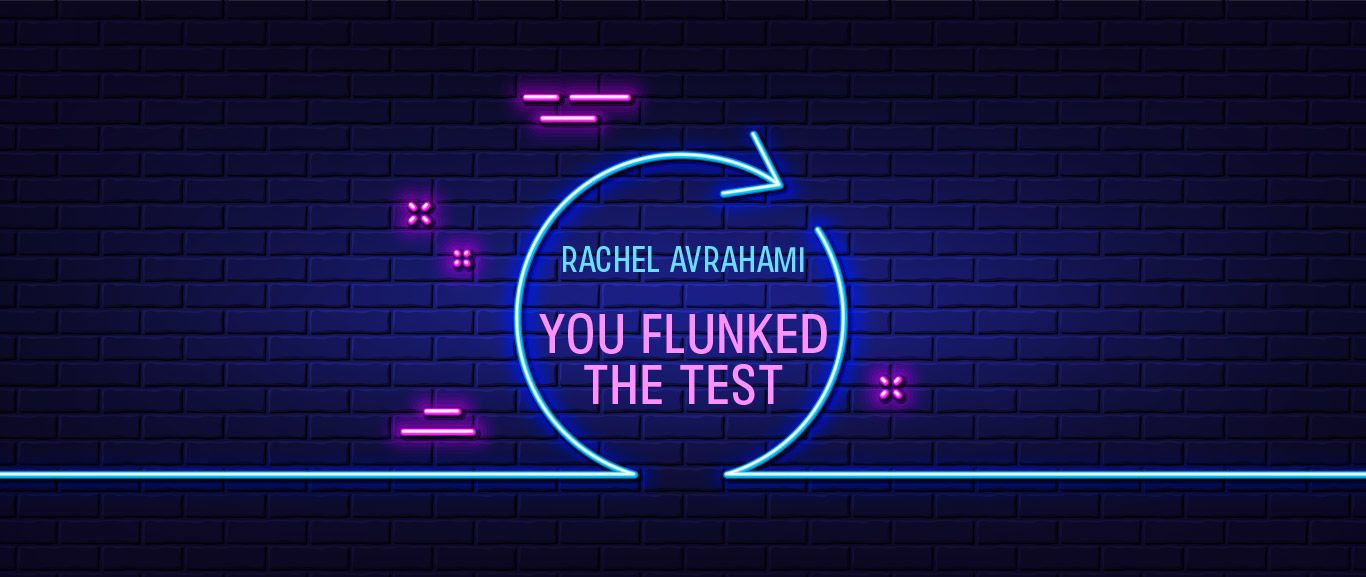
You Flunked the Test!
A merciful teacher might let a student who flunked a test do a re-take. The Jewish people are getting a “re-take” of the days of repentance right now!

Rabbi Shalom Arush shlita has mentioned a few times already that this massacre, and resulting war, “did not happen because Hashem hates us, or because of harsh judgements, G-d forbid. It happened because we were in a spiritual holocaust. The situation worsened every day, and Israel was at the doorstep of a civil war. Granted that the situation simply could not continue, Hashem was given no choice but to give us a very hard slap on the face. As painful as the slap is, now we are united, now the Jewish people are returning to Hashem in a way never seen before. And that is certainly very, very good.”
Another hidden tzaddik took this concept even further, stating that the entire situation happened because so many Israeli Jews did not fast this past Yom Kippur: “With sins like these, the least you could do is fast once a year… now they openly admit and realize that everything happened because they didn’t keep Yom Kippur, and they mocked the ‘Unetaneh Tokef’ prayer which discusses that a person’s judgment for the year is determined on Rosh Hashanah and sealed on Yom Kippur – ‘who will live and who will die… who by fire, who by sword…”
Now as we read those words, we shiver. By my count, more than 7,000 people were directly affected by the massacre – as you add in extended family and close friends, we’re talking over 10,000 people whose lives will never be the same – not even two weeks after their fates were sealed on Yom Kippur!
A particular story struck me, of a husband who was supposed to be released from the hospital but got an infection. So, he wasn’t home on Oct. 7 – he was in the hospital and was saved. His wife was just released from captivity on Nov. 29, 2023. How much would a person complain about getting an infection at his age? Now he should be singing and dancing “Thank You, Hashem!” along with the rest of the Jews and decent humans in the world, one less Jew that needs to be rescued from the clutches of Hamas… What about his wife? With everything she went through, at least she comes home to her husband… as opposed to so many who are coming home to discover that their husbands, fathers, and brothers are still being starved and abused in Gaza in unknown conditions. All this because her husband developed an infection! Sometimes, just sometimes, Hashem shows us clearly why He sent us that terrible thing…
What about the hundreds of people saved in their safe room (mamad)? I watched a video of children who survived in Kibbutz Be’eri. A child was asked what stands out the most in her memory about that day, and she said, “I was so hungry.” People were woken up by the sirens and the sounds of the mortars being shot at them. They jumped into their safe rooms and couldn’t come out until they were rescued by the IDF, mostly under fire – generally 12, 14 and some even 30, 40 hours later! Many didn’t have emergency food and water supplies in the safe room – and most didn’t have time to even grab a cup of water first. They fasted an entire day plus – from whenever they ate and drank before they went to sleep, until they were finally rescued. And unlike Yom Kippur, they didn’t know to eat extra before the fast and prepare themselves, and even small children fasted (by Jewish law children don’t fast until they reach maturity – age 12 for girls, and 13 for boys) – making it all that much more difficult. In place of fasting on Yom Kippur, Hashem made them fast on Simchat Torah.
Furthermore, as the war started and the situation has become more dire, the Rabbanim have called for the public to recite Selichot before morning prayers. These special prayers and supplications center around our desire to return to Hashem, and the “13 Attributes of Mercy” which Hashem promises to cleanse those who return to Him with their whole heart and soul. Generally, they are said every morning during Elul and through the High Holy Days – but also in times of distress for the Jewish people.
It’s as if Hashem wanted us to realize that we flunked the test of the High Holy Days, which are there to encourage us to come to Hashem and repent through love. Now, we’re repenting through fear. We’re repenting also through awe – recognizing the miracles of those who were saved in the merit of Shabbat, in the merit of Shema Yisrael, in the merit of the Torah (a story of a woman who was saved learning the Zohar hiding in her closet, and another who read the Torah portion and Tanya, stands out in my mind), and in the merit of tzniut (modesty). Clearly every Jew needs special protection, and Hashem clearly is giving it to those willing to reach out to Him and do something to come closer to Him!
Rabbi Arush said the biggest miracle of them all is how the Jewish people are repenting and returning to Hashem en masse. Clearly this year 5784 – we flunked the repentance of Elul and the High Holy Days – so we get to do the rest over, the rest of the year!
Let’s get the message NOW. The last day of Chanukah, Zot Chanukah, is the final “seal within a seal”1 of the new year. I pray that Hashem should enable every single Jew to return in teshuva NOW, before Zot Chanukah, and that the narrow straights of the last couple months will be “v’na hafoch hu” – turned over – into huge miracles and salvations for the rest of the year! Amen!
1 The Talmud (Rosh Hashanah 16b) states that the judgment of the fully righteous and the fully wicked is decided on Rosh Hashanah, while the rest of mankind is given till Yom Kippur to merit a good judgment. The Zohar (Vayechi 220a, Tzav 31b), extends the deadline until Hoshanah Rabbah, the last day of the holiday of Sukkot, stating that the judgment is not delivered until then. Hassidic masters quote from Kabbalistic sources that the God’s mercy extends the final judgment – the seal within a seal – until the final day of Chanukah (“Zot Chanukah”).
***
Rachel Avrahami grew up in Los Angeles, CA, USA in a far-off valley where she was one of only a handful of Jews in a public high school of thousands. She found Hashem in the urban jungle of the university. Rachel was privileged to read one of the first copies of The Garden of Emuna in English, and the rest, as they say, is history. She made Aliyah and immediately began working at Breslev Israel.
Rachel is now the Editor of Breslev Israel’s English website. She welcomes questions, comments, articles, and personal stories to her email: rachel.avrahami@breslev.co.il.




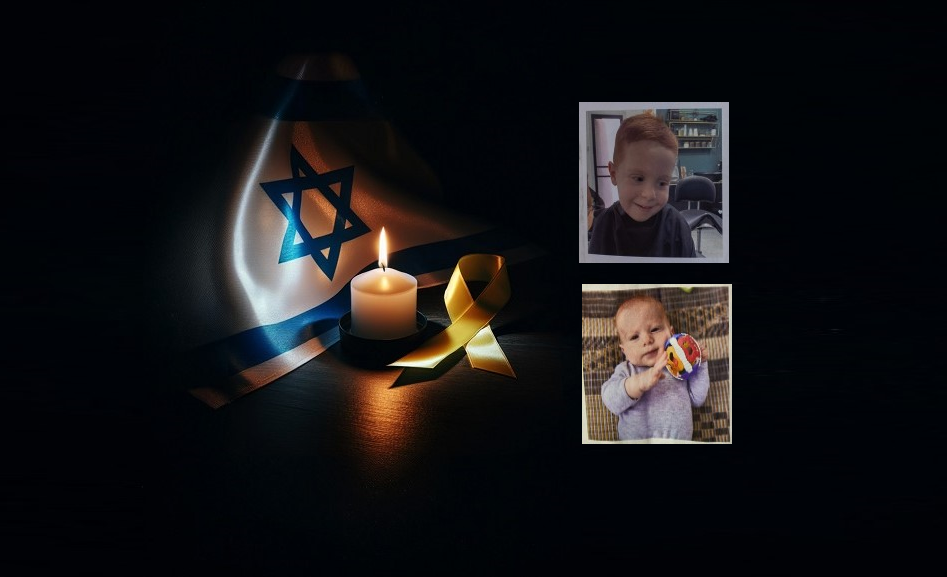

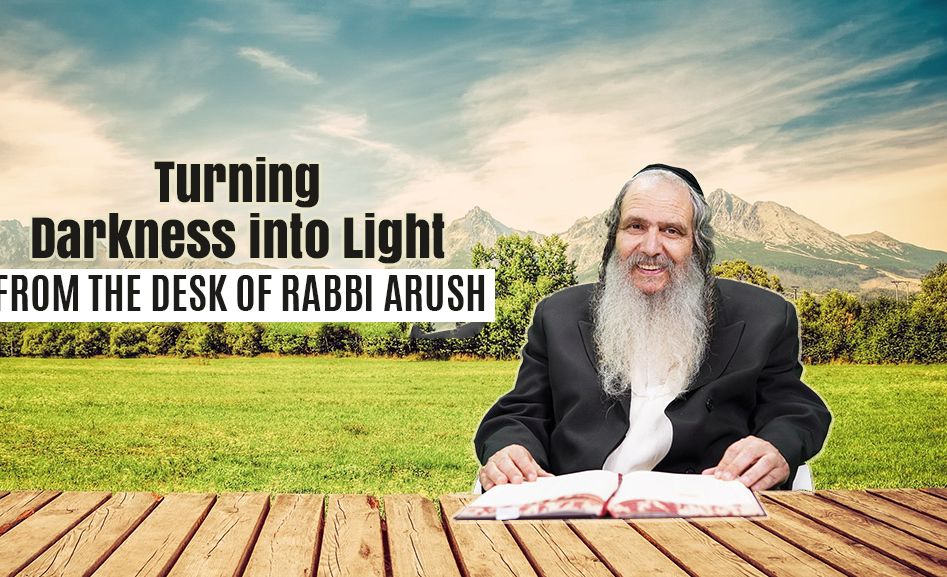
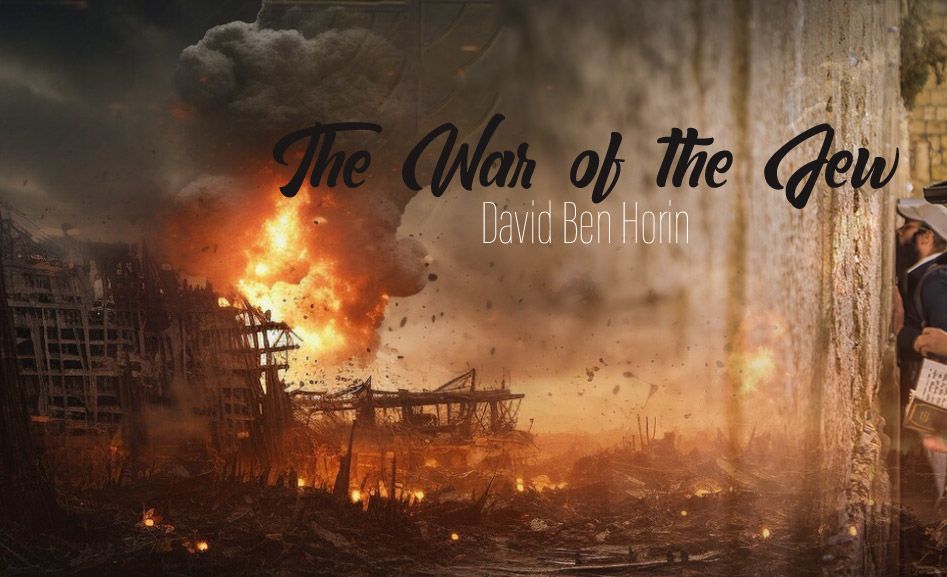
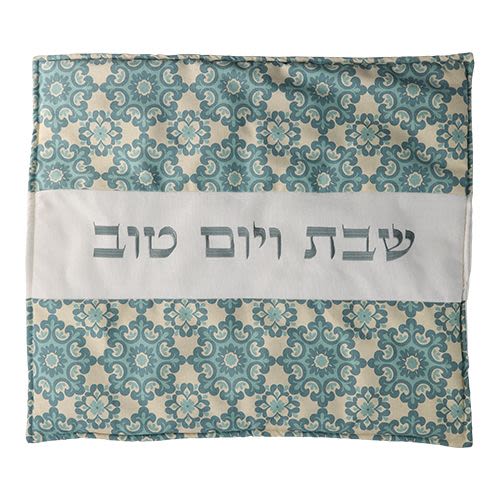
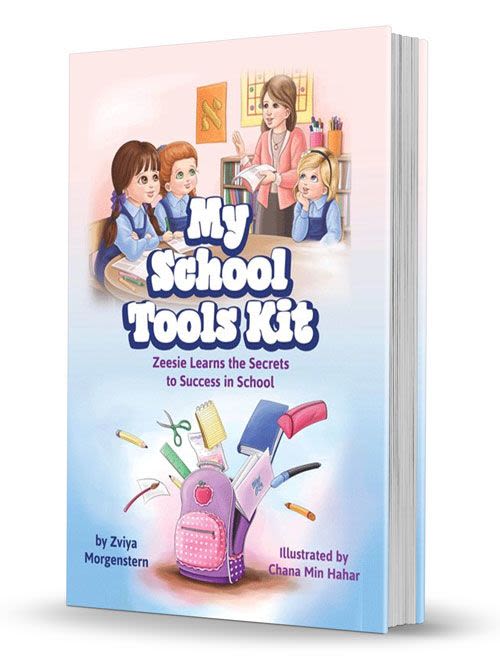

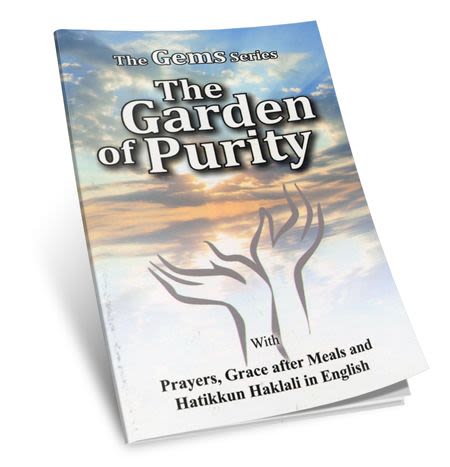
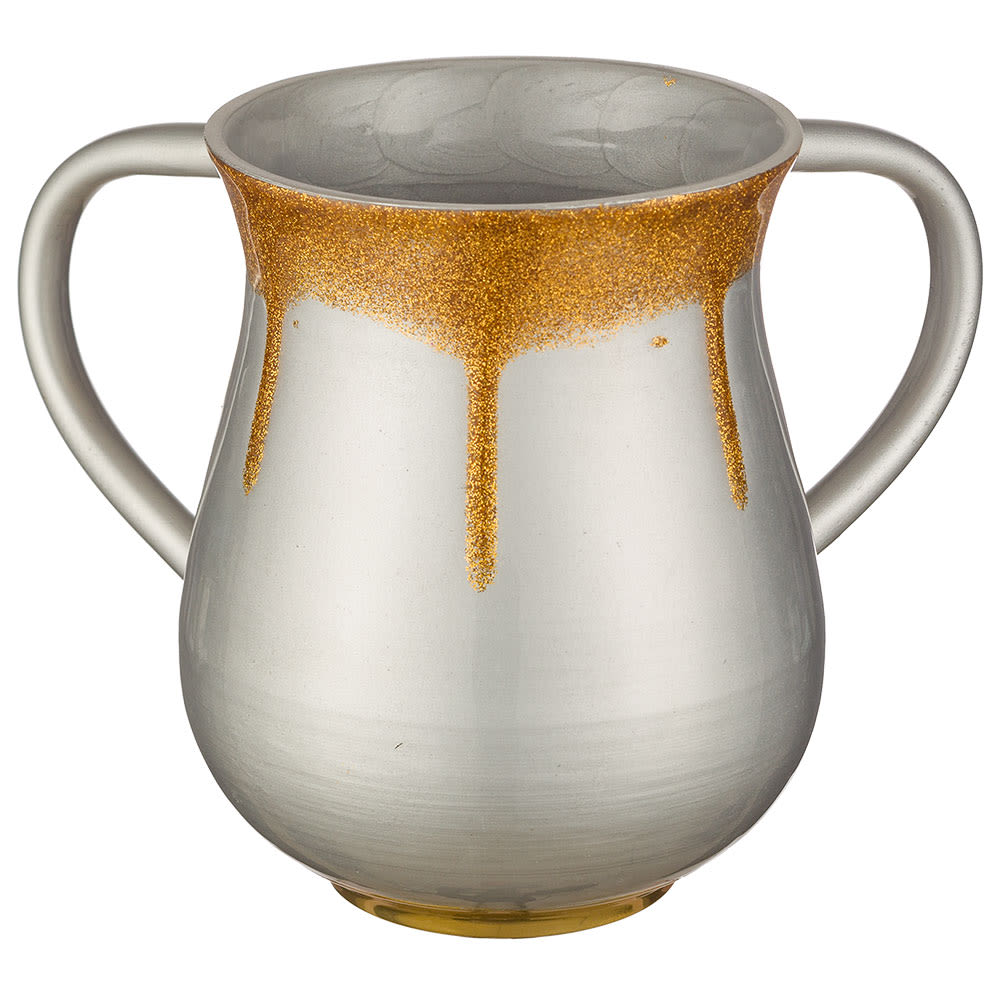
Tell us what you think!
Thank you for your comment!
It will be published after approval by the Editor.